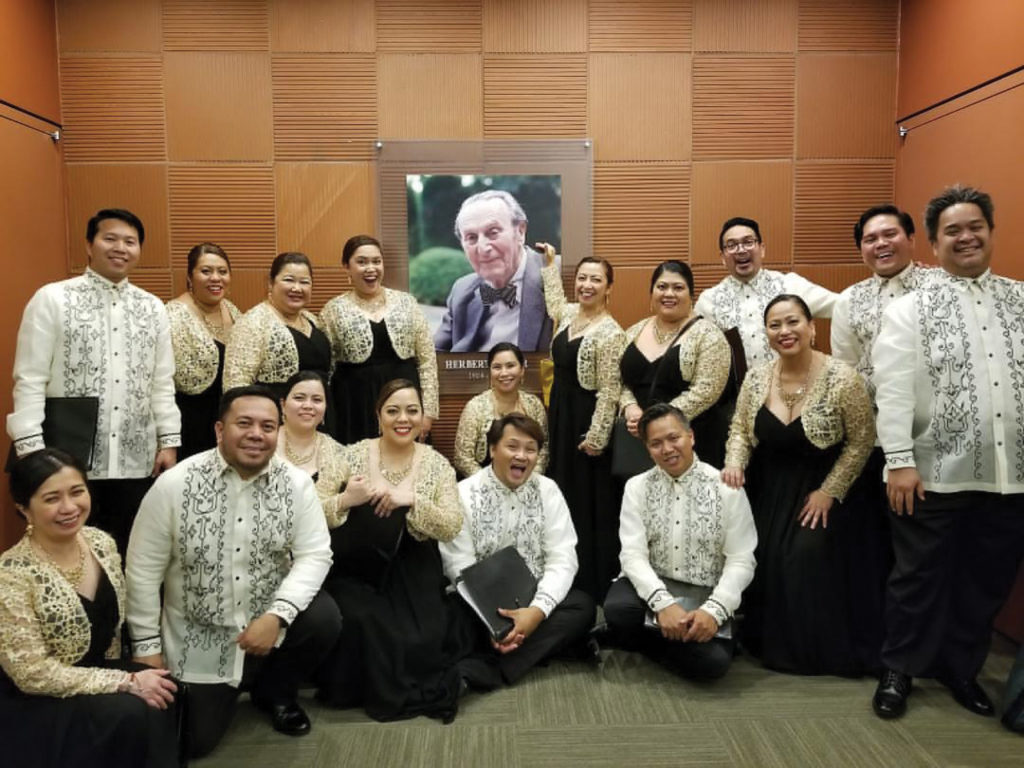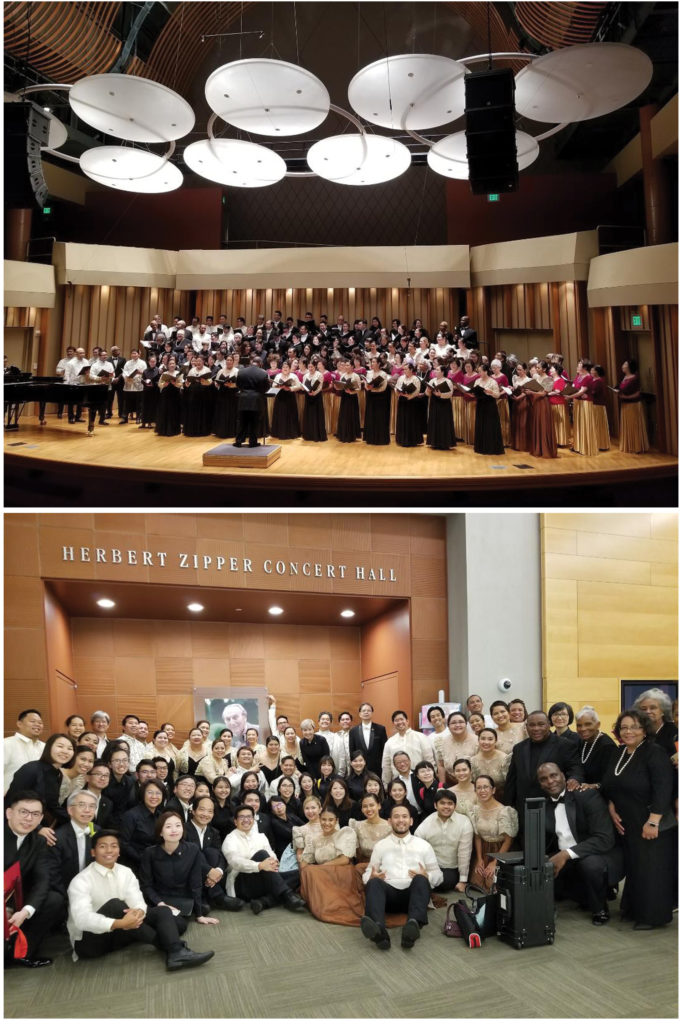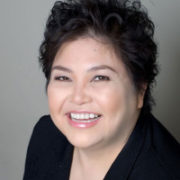“THERE exist realities that pervade the entire universe either through the vast reaches of unimaginable light-years of space or the vast journeys of unimaginable eons of time. There exist presences that allow us an intimacy with God. Theologians and philosophers have long spoken of these values, presences, and realities. These are the “transcendentals”: the true, the good and the beautiful. How can a finite human creature experience or even speak of the infinite God? How can the finite human creature name the nameless, perceive the imperceptible, make visible the invisible? In the past, theologians have answered these questions through the transcendentals. Because God is truth, goodness, even beauty itself, an experience of truth, goodness, or beauty is also an experience of intimacy with God. Because we depend on God for our very existence, we also depend on our experience of truth, goodness, and beauty for our very lives. Irenaeus, the great theologian of the second century, exquisitely phrased it: “The glory of the Lord is the living human being and the human being lives for the vision of God.” – Alejandro R. Garcia-Rivera, A Wounded Innocence: Sketches for a Theology of Art, 2003.

Little did Charles Lane (tenor of LA Master Chorale and cantor for the Archdiocese of Our Lady of Angels) know that his casual referral for the Philippine Chamber Singers – Los Angeles (PCS-LA) to participate in the Dream Orchestra’s first International Choral Festival would be a historical confluence with a formidable musical force of the past?
The festival was held on Saturday, August 24 at Herbert Zipper Hall in Colburn School of Music in downtown Los Angeles and the musical force, in particular, is Herbert Zipper, a Jew who settled in the Philippines.
Zipper fled the holocaust, secured a visa through his parents’ efforts, and became a conductor of the Manila Symphony Orchestra. Unlike the United States and other countries that refused to resettle the Jewish refugees fleeing the holocaust, then-President Manuel Quezon warmly welcomed Zipper, along with thousands of Jewish families. Quezon would have welcomed up to 10,000, but the invasion of the Japanese forces, which started World War II, happened.
This open-door policy became the subject of a documentary and a monument honoring the Philippines and Pres. Quezon at the 65-hectare Holocaust Memorial Park in Rishon Le Zion, Israel. “At the Open Doors monument in Israel, are written words of President Manuel Quezon: ‘It is my hope and, indeed, my expectation that the people of the Philippines will have in the future every reason to be glad that when the time of need came, their country was willing to extend a hand of welcome,’” according to a post by Matthew John Ignacio, a former student at the Colburn School.

The Los Angeles Times’ Patricia Ward Biederman on Jan. 27, 1991 described Zipper as the conductor who formed a secret orchestra in a Nazi concentration camp: “Zipper survived Dachau and a subsequent stay in Buchenwald. He was released from the Nazis’ ‘protective custody’ in 1939 after his father, living in Paris, secured him an exit visa to go to Uruguay. Zipper was one of the lucky ones, able to slip out of the Nazis’ grasp before the war on the Jews escalated into the ‘final solution.’ He came out of the camp a changed man. In such hellholes, he said, people are stripped to their essential selves. ‘I found where one can find the human gold — and, of course, the opposite of it.’ He said he also came to appreciate the humanizing power of the arts. In the years that followed, Zipper organized other remarkable concerts in remarkable places. Pulling together the shattered Manila Symphony Orchestra in 1945, its maestro celebrated the Allied liberation of Manila and the fall of the Third Reich with a performance of Beethoven’s ‘Eroica’ in the bombed-out shell of Santa Cruz Cathedral. Gen. Douglas MacArthur’s wife sat in the front row.”
Historical confluence of 1939 to 2019: Jewish Refugees to Guatemalan Refugees
Aside from that historical confluence, the context of this international choral festival mimics the United States’ refusal then of Jewish refugees in 1939, as in today’s 2019, wherein the 45th president has refused the entry of refugees from Honduras, El Salvador and Guatemala.
Nicholas Kristof, an opinion columnist for the New York Times, described Guatemala as: “Food doesn’t grow here anymore, that’s why I would send my son north,” as Ana Jorge Jorge, a mother of two, told him in June 2019.
For the evening’s concert, the convergences of these refugees’ realities became the back-stories when PCS-LA’s Artistic Director and Co-Founder Gelo Francisco led his group to spontaneously sing “Dahil Sa Iyo (Because of You)” in front of the large portrait of Zipper, one of the co-founders of Colburn School of Music, after the festival.
PCS-LA sang “Dahil Sa Iyo” to welcome The Learners Chorus, a 45-member chorus, founded in 1979 by former members of the Hong Kong University’s Students’ Union Choir, ranging in ages of 21 to 70 years old. Their repertoire included commissioned works by distinguished Hong Kong composers.
History has a way of creating webs of confluence, in that this international choral festival happened while nearly two million Hong Kong residents, in the 13th week, have gathered to protest the extradition bill pending in their legislature.
Spontaneously, other choral groups joined PCS-LA to have a treasured photo in front of Zipper, a force who stood for freedom for music to exist both in Dachau and Manila.
Dream Orchestra’s first International Choir Festival
I was so inspired that two Filipino American choral groups were part of this inaugural festival: PCS-LA and Inspirare, led by Melvir Ausente.
Bravos were heard at the end of PCS-LA’s two songs, “Anak” and “Delgado Basil Valdez Medley.” Truly exceptional! Enrique De La Cruz, my husband, described their performances as having distinct vocal textures.
Lisa Ulanday sang “Anak” quite well, though I still remember her first solo at the Walt Disney Concert Hall, moving me and quite a few more to tears. That evening’s performance was pitch-perfect, technically well done, and with half-measured emotional expression. Ulanday described it as without tears while her first rendition had tears.
I wrote my notes about PCS-LA: multiplicity of voices is quite distinct; the layering of different tonal patterns was heard and each voice was a choral force.
I was so proud of how they sang with great expressions and pitch-perfect voices in harmony. I have followed them for several years now but tonight, they were so at ease in singing and became front liners to many choirs that joined forces in singing, “You are a Blessing.”
Francisco attributed that to the group trust that the members have and who honored their vocal placement in the choral group.
Inspirare is a new choral group that sang “Cantate Domino,” “Alleluia” and “Jubilate Deo.” The audience could not wait to applaud them as they ended singing Cantate Domino. They too were evolving to be a good group.
Patrick Blackwell who sang a negro spiritual, “Every time I feel the Spirit,” had a commanding presence. He is a very tall man with such a beautiful voice that filled the four corners of this performing hall. What a great performance!
One of the best groups for me was Episcopal Chorale Society led by Dr. Chas Cheatham, whose group’s tenors and sopranos are quite adept at singing negro spirituals that their voices carried forth to the corners of the hall, with such a vibrant and loud resonance of harmony and confidence. They sang “Every Praise” and when the soloist and the choral group sang “Come to Jesus,” the crowd spontaneously joined in the clapping.
“Total Praise” was compelling as well that the crowd ecstatically shouted bravos for the uplifting experience. You can sense they have been singing for some time now as some of their elder members walked onstage using a cane and a walker.
The Learners Chorus came from Hong Kong led by Apollo Wong, Music Director and Conductor and Kevin Cheng, Assistant Conductor. They had an extended repertoire, about 30 minutes for a 2 1/2-hour festival. They came solidly prepared to sing “Kyrie,” “Gloria,” “Credo,” “ Sanctus,” and “Agnus Dei.”
KAMA Women’s Choir sang beautifully “This is My Father’s World,” and the crowd enjoyed their song, “People are more beautiful than Flower,” as they seemed upbeat. Their tonal volumes were louder and though a few members had visible swollen wrists and fingers, such that one can just imagine their pain, they all sang with gusto. These are elderly women, some with silver hair, and if you close your eyes for a moment, their voices projected well as the young voices half their age. Kudos to the Chong-Hyun Song, Artistic Director.
As to the opening number, “Arirang Fantasy,” led by Daniel Suk, Artistic Director and Conductor, he explained that this piece was popularized when the New York Philharmonic orchestra played this piece in Pyongyang. This folk song must have been heard around the world by now. The 50+ young members sounded like one in harmony and as I glanced at the young ones onstage, I can’t help but feel nostalgic, remembering my daughter as one of the cellists at LA Legal Philharmonic, which had their concert across the street at the Walt Disney Concert Hall.
Who would have thought that Zipper arriving in Manila in 1939 would reach out to us in 2019, via his portrait in Colburn? Perhaps it’s to remind us that because of the open-door policy of President Quezon, he survived to become one those who established a Colburn Music Fund, where on this August night, nearly half a thousand musicians were welcomed at the music school to perform in this first International Choir Festival?
Who would have thought that beautiful gospel and Praise to God music would connect us from the 20th to the 21st centuries, to remind us that it was music which liberated many folks from the ravages of the Holocaust and to further invite us to keep coming to Jesus. When we perceive what is true, what is beautiful and what is good, we are intimate with God’s vision for humanity, as we see God’s creations with our eyes and we are not blind to humanity’s sufferings. An open door to music was a beautiful experience for us all that night!
* * *
Prosy Abarquez-Delacruz, J.D. writes a weekly column for Asian Journal, called “Rhizomes.” She has been writing for AJ Press for 10 years. She also contributes to Balikbayan Magazine. Her training and experiences are in science, food technology, law and community volunteerism for 4 decades. She holds a B.S. degree from the University of the Philippines, a law degree from Whittier College School of Law in California and a certificate on 21st Century Leadership from Harvard’s Kennedy School of Government. She has been a participant in NVM Writing Workshops taught by Prof. Peter Bacho for 4 years and Prof. Russell Leong. She has travelled to France, Holland, Belgium, Japan, Costa Rica, Mexico and over 22 national parks in the US, in her pursuit of love for nature and the arts.






